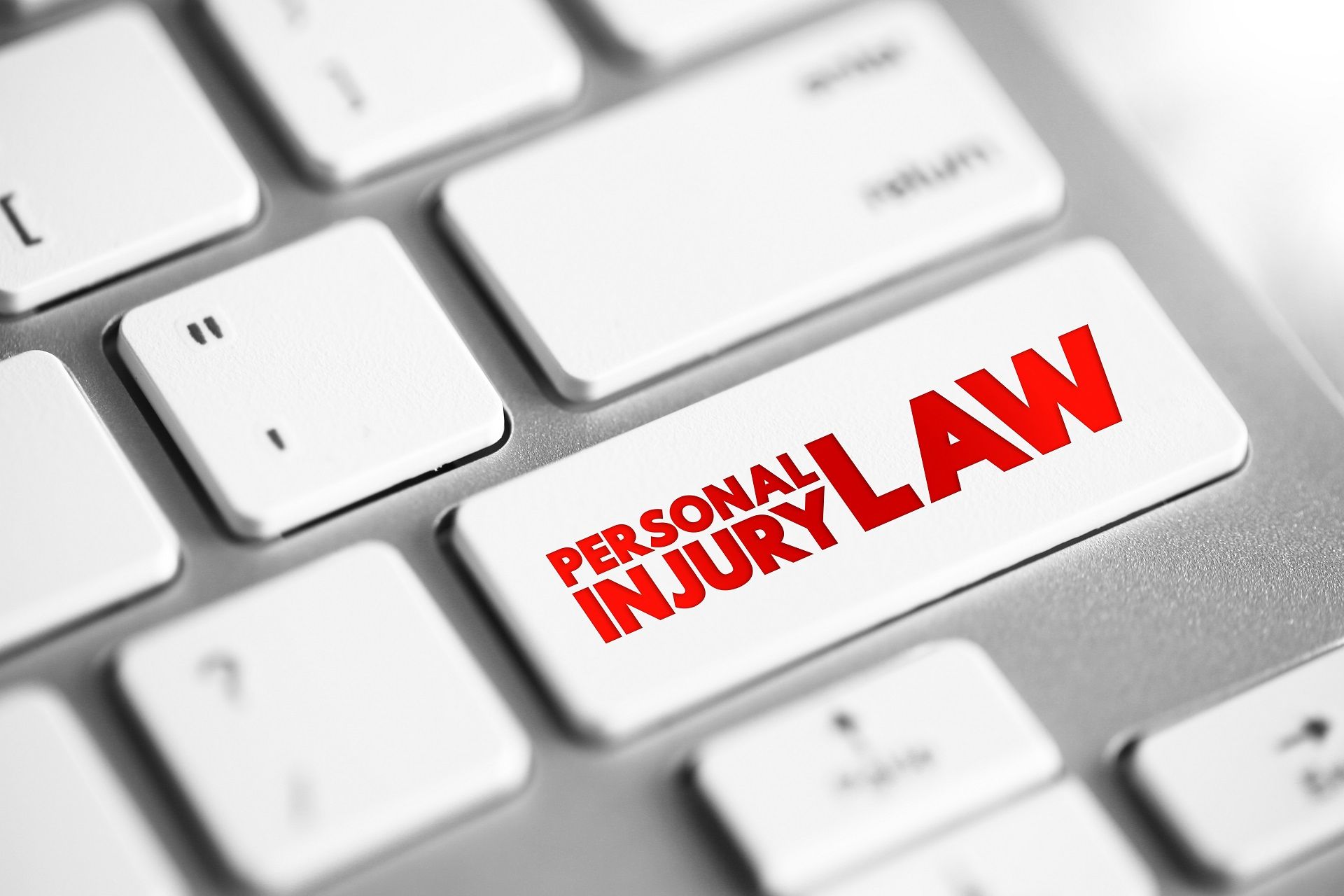Recent Case Study: The Use of a Vocational Expert for Social Security Disability

There is no substitute for learning through real-world examples. So, in this article, we thought it would be helpful to those who are seeking Social Security Disability Insurance (SSDI) and Supplemental Security Income (SSI) benefits to see how courts analyze Social Security disability cases. Also, through a discussion of a recent SSDI and SSI case, you can also better understand how important vocational experts are to the process.
If you have additional questions about incorporating vocational experts for Social Security disability after reviewing this article, we invite you to contact us at Occupational Assessment Services, Inc. – OAS. We can provide life care planning for lawyers.
We are one of the most experienced employability and life care planning firms in the United States. To discuss your case, call us at 1-800-292-1919 , contact us at a location near you, or through our online form .
The Case of the Plaintiff with a Panoply of Not Necessarily Physical Limitations
A recent case before the Federal District Court for the District of New Jersey began with the plaintiff filing a claim for both Social Security Disability benefits (SSDI) and Supplemental Security Income (SSI) at age 49. Her claims were initially denied, and after some further legal process, she dropped her claim for SSDI and only sought SSI.
Her SSI claim was eventually brought before an Administrative Law Judge (ALJ) to hold a hearing and determine her eligibility for benefits. At the hearing, the following facts were put on the record with regard to the plaintiff’s background.
She attended some college, suffered from some emotional issue, and had difficulty socializing and getting along with others. She lived with a roommate who helps her with minor matters, but the plaintiff was otherwise able to cook and clean for herself. The plaintiff also had a history of cocaine and alcohol abuse and was also known not to follow through with medical treatments and psychiatric care.
The plaintiff was diagnosed with bipolar disorder and had a relatively low IQ.
At the hearing, a vocational expert was called in to provide testimony with regard to what, if any, types of jobs the plaintiff could perform. The vocational expert for social security disability concluded that the plaintiff could do light work.
The fundamental question at the plaintiff’s hearing was whether she was, under the law, “disabled” such that she would qualify for SSI benefits. In making the determination on disability, the ALJ had to analyze the case through Social Security’s five-step sequential evaluation process.
What is the Five-Step Sequential Evaluation Process?
In a case where a person seeks Social Security benefits, the Social Security Administration (through a hearing before an ALJ) must analyze the claim using the five-step process.
At step one , the ALJ looks at whether the plaintiff is currently engaged in substantial gainful activity. If so, then the process ends there with a finding that the plaintiff is not disabled.
At step two , the ALJ determines whether the plaintiff has a “severe impairment” or a combination of impairments that “significantly limit” the plaintiff’s ability to do basic work activities. Without a “severe” impairment the process ends, and the person is found not to be disabled.
At step three , the plaintiff is presumed disabled if the impairment or impairments are the same in severity as those listed in Social Security’s publication the Listing of Impairments. If there is no presumption then the ALJ moves to step four.
At step four , the ALJ decides the plaintiff’s residual functional capacity (RFC) to see whether the plaintiff could perform the kind of jobs that she has had in the past. If so, the process ends with a finding of no disability.
At step five , the ALJ obtains the help of a vocational expert to determine whether the plaintiff’s RFC, age, education, and experience allows her to perform jobs that exist in the marketplace.
Specific to the present case, the ALJ found the following for each step in the process:
1. Plaintiff was not engaged in substantial gainful activity since she made a claim for SSI benefits,
2. Plaintiff suffered from severe impairments including bipolar disorder, spine degeneration, hypertension, asthma, obesity, and low IQ,
3. Plaintiff did not have an impairment that met the severity of those listed in the Listing of Impairments,
4. Plaintiff had the RFC to perform light exertion, but she could no longer do her past jobs of bartender or forklift driver,
5. There were jobs available – like hand packager – in the marketplace that she could perform.
Thus, the ALJ held that the plaintiff was not “disabled” such that she could receive benefits.
The Vocational Expert’s Testimony in the Case
On appeal to the District Court, among other arguments, the plaintiff claimed that the questions asked of the vocational expert did not include all of her limitations, only some.
What is important to know about vocational expert testimony is that, typically, the ALJ will ask the vocational expert questions in the hypothetical form (for example: “Can a person with [xyz] physical and mental limitations perform any job in the marketplace?”). When the ALJ asked the vocational expert questions about the plaintiff’s case, the ALJ did not mention every medical condition claimed by the plaintiff. The District Court on appeal, however, noted that not every limitation needs to be brought to the vocational expert’s attention during the hearing. Rather, the ALJ only needs to pose questions about limitations that are supported by the record.
Accordingly, the District Court upheld the ALJ’s decision that the plaintiff did not suffer from a disability, and the ALJ’s questioning of the vocational expert was proper.
Overall, this particular case study is very instructive on the entire process by which the Social Security Administration finds whether someone is disabled in order to receive SSI benefits. That process, of course, must include the able testimony of a vocational expert for Social Security disability.
Let OAS Be the Vocational Expert for Your Social Security Disability Claim
The experts at Occupational Assessment Services, Inc. (OAS) have over forty years of experience documenting the income potential and employment capacity of those with wrongful termination cases, as well as with the underemployed, unemployed, and disabled spouses in many types of cases
OAS specializes in working with the plaintiff or defense attorney to assist in objectively documenting the economics in a case. From the initial referral to the trial testimony, OAS works with the retaining attorney so that the vocational assessment of the case can be objectively and efficiently presented.
We strongly believe in the importance of a clear and understandable presentation of the facts. OAS is the leading provider of Vocational Expert and Life Care Planning Services for Plaintiff and Defense attorneys.
The company specializes in assisting attorneys in evaluating earning capacity in divorce cases , and documenting the damages in cases where an individual has been severely injured by providing objective findings on how the injuries affect a persons’ ability to work and earn money, as well as the cost of care required in catastrophic injuries.
OAS is your Vocational Expert & Life Care Planner Nationwide, with offices in New York, New Jersey, Connecticut, Pennsylvania, Georgia, Florida, Texas, Nevada, and California.
Occupational Assessment Services, Inc. is one of the most experienced employability and life care planning firms in the United States. To discuss your case, call us at 1-800-292-1919 , contact us at a location near you, or through our online form .
RECENT POSTS
CONTACT US
We will get back to you as soon as possible.
Please try again later.
Evaluation Request
Contact Us
We will get back to you as soon as possible.
Please try again later.
Contact
Contact Us
We will get back to you as soon as possible.
Please try again later.
All Rights Reserved.
This website is managed by Oamii.







